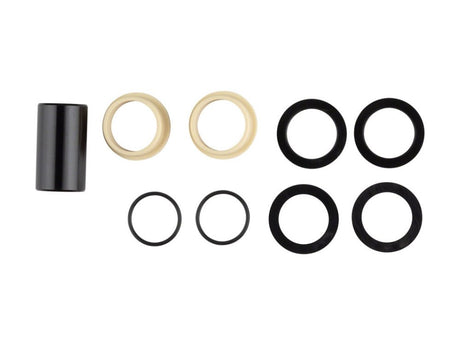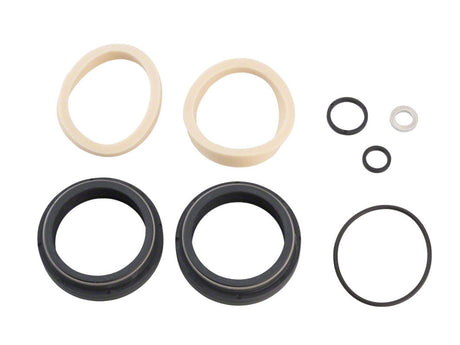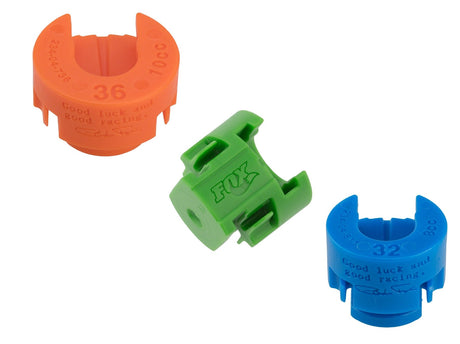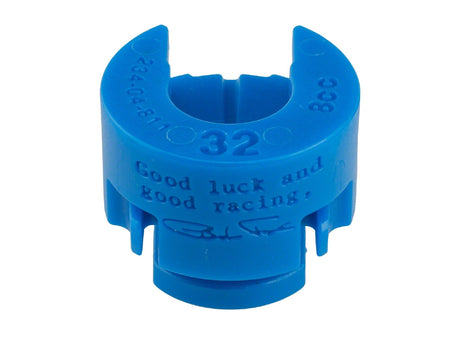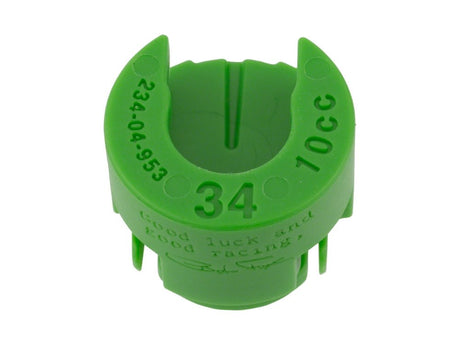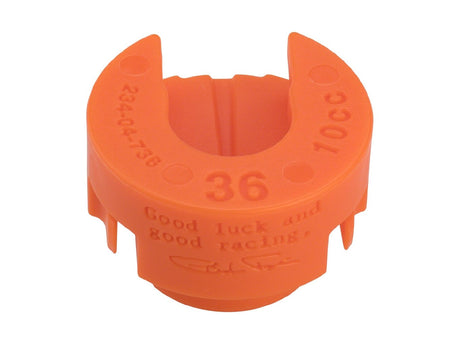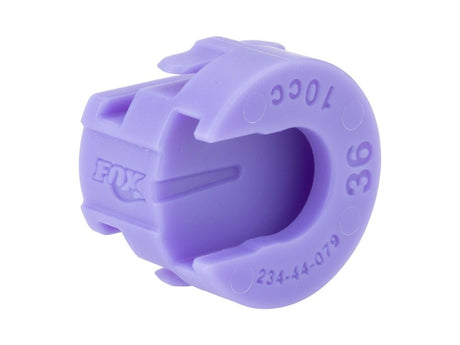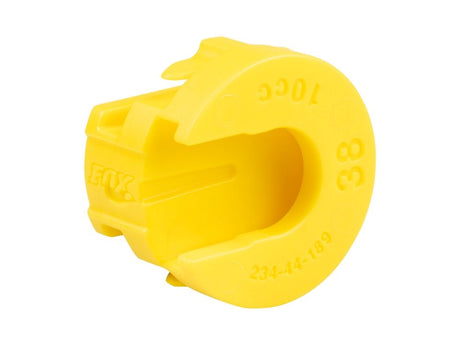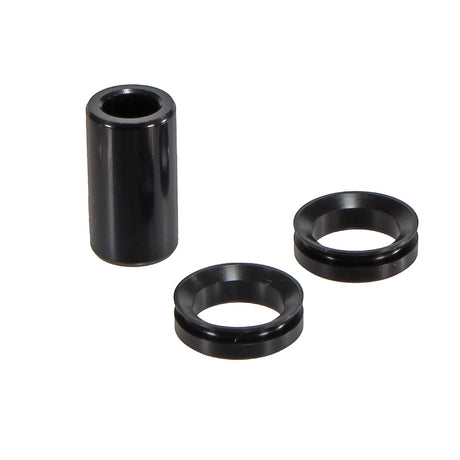Over the next couple of weeks, we will be releasing parts to a comprehensive guide on how to set up your mountain bike suspension. Each section will be an depth breakdown laid out in an easy-to-read format so whether you have no idea what HSC or preload are, or you know exactly what PSI you run in the Summer at a bike park, you are sure to learn something. The sections will include; Adjustments, Finding A Base Setting, Adjusting Damping, and General Set Up Tips.
Let's dive in!
Last week we talked about finding a base - setting your sag.
If you haven't set sag, start there.
Intro
Setting up your damper on your mountain bike's suspension is often seen as the most daunting, and is where many riders throw up their hands in defeat. Luckily, it’s not nearly as hard as it seems, and with just a bit of strategy and know-how, spinning these dials is going to unlock some serious performance. We’ll be teaching you how to confidently spin every dial you can get your hands on and not shy away from making changes.
Before We Begin
Service
Before we get into how to adjust everything, if you’re trying to set up a fork or shock that’s due for a service, you’re not going to feel nearly as much of a difference between clicks. We’re not going to get very far trying to polish a turd, so service your suspension!
Base Setting
Everything we’ve covered has led us to this point: turning your bike into a magic carpet that floats down the trail. Before making any changes, go for a couple rides on your new base setup if you haven’t already, just so you know what we’re comparing against. We want to feel discernable differences in any changes we make, so coming in with an understanding of how your bike rides is crucial. While you’re out there, try adjusting some dials! Maybe it’ll feel worse, maybe it’ll feel better, but regardless, you’ll be learning about how your dials impact how your bike rides.
One At A Time
When making changes to your suspension, just change one thing at a time. Making huge sweeping changes to every adjustment available to you is going to completely change how your bike rides, and you’ll have no clue why it feels the way it does or how to finetune anything beyond that. By just spinning one dial at a time, we minimize our variables, learn how our suspension actually reacts to these changes, and can easily undo what we’ve done.
Bracketing
Bracketing is the number one most useful method I’ve found for adjusting suspension.
It takes the guesswork out of our process, and gives us a straightforward path to that magic carpet feeling. The way bracketing works, is that you change one adjustment at a time, and find the best setting for that specific adjustment for you. When doing your bracketing, it’s best practice to ride the same section of a trail you are super familiar with every lap to minimize variables and let you focus on how your suspension feels instead of making it down the trail.
For example, if you want to start with your LSC, go ahead and give it a click in a direction of your choosing and go ride it. If it feels better, great! If it feels worse, go back to your base setting and click it in the other direction. You may not have even felt a change, and that’s ok! Sometimes it’s hard to feel individual clicks, so give it another click and try again. If you’re going several clicks, or even maxing out your LSC and not feeling a difference, that’s a sign that you should get your suspension serviced before we go any further.
When you find which direction to go, take it two clicks further and see if you like it. Keep on repeating this until you don’t like the change you just made and then go back one click. If this is better than your previously best setting, then congrats! You just dialed in your LSC! If not, bring it one more click back and now you’re dialed in!
Here’s a graph demonstrating a possible series of adjustments on your way to finding your most dialed setup for one adjustment.
There are a lot of ways to overcomplicate things,
but that’s the gist of how we’re going to tackle every single one of our adjustments.
I generally like to start with my compression adjustments and then tackle my rebound, but I haven’t found that one order of operations works better than another. This isn’t just limited to damper settings, you should also play with adding or dropping a few PSI in your air chamber too.
When you're adjusting anything and you want to keep the change that you’ve made, make sure to write it down in your notebook! Every time you make a step forward, you want to be able to get right back to what works, it’s kind of like quicksaving before a boss in a video game. If you mess it up, no sweat! Just go right back to where you were a minute ago.
Our main goal at the end of bracketing isn’t necessarily to have found our ideal setup; that’s more of a bonus that happens along the way. The more important takeaway is now being equipped with the knowledge to tackle new terrain or conditions, wherever that may be. All of your perfect settings are really only perfect for the trails that you set them on, and if you travel to ride another trail system with different terrain, then suddenly your bike is facing different challenges and isn’t set up to optimally handle those challenges. Even when the seasons change at your home trails and the trail conditions get mixed up then your setup may no longer be optimal.
In case you’re still struggling with setting everything up, the next section has some more specific pointers that could help get you started in the right direction!
Next week, we will be talking about general set up tips and FAQ's!

